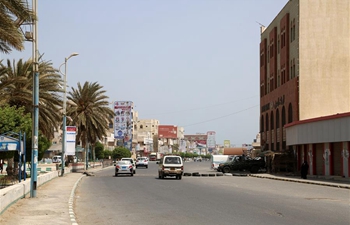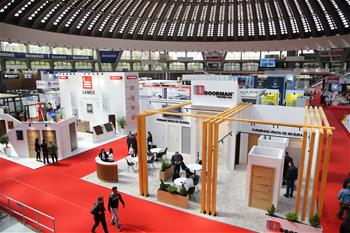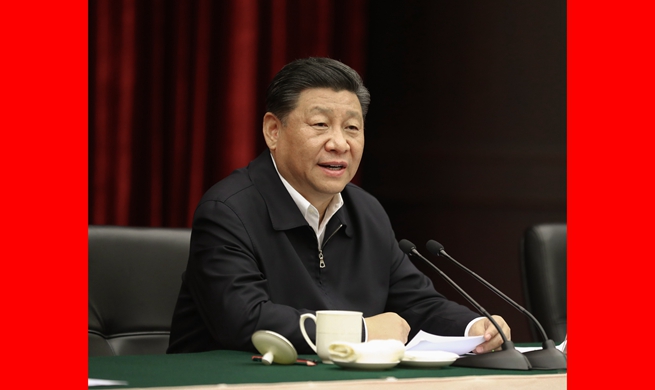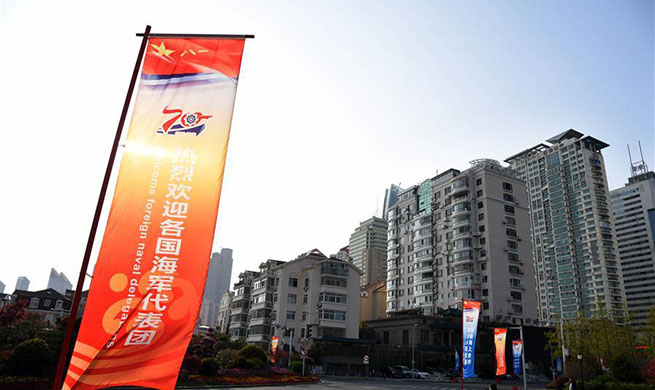JUBA, April 18 (Xinhua) -- Traders of gum arabic in South Sudan have called for increased public and private investment in the sector amid hopes of recovery after years of decline in production due to conflict and limited market.
Kou Ajak Kou, secretary general of the South Sudan Gum Arabic Federal Union (SSGAFU), told Xinhua in an interview in Juba that the east African country has huge stock files of the acacia gum but cannot access the international market due to lack of trade treaties and under investment in the sector.
"We have a chance of producing a million tons of gum Arabic in South Sudan per year. I'm sure we can make it, but we need a lot of work to do," Kou said on Thursday.
He said South Sudan currently produces an estimated 50,000 tons annually, which is mostly exported to neighboring Sudan.
Khartoum is Africa's leading exporter of the emulsifier used in the manufacture of soft drinks, pharmaceuticals and cosmetics.
Sudan earned 109 million U.S dollars from gum arabic exports last year, according to data from the country's Sudan Gum Arabic Council.
But Kou said the world's youngest nation has potential to overtake its northern neighbor because the country has huge amounts of the acacia Senegal, a tree species believed to be producing quality gum.
"We need to enlighten our people about the value of gum trees. Second, we need to protect the trees from destruction and third, we need money from the government and investors to support companies seeking to export gum Arabic. We also we need policies to regulate the trade of gum Arabic," Kou stressed.
South Sudan has large quantities of the gum Arabic trees in the central, western and northern parts of the country.
According to the World Bank, South Sudan is the most oil-dependent nation in the world, with oil accounting for around 60 percent of its gross domestic product.
But after the young nation descended into civil war in late 2013, oil production declined from 350,000 in 2011 to less than 130,000 barrels per day in 2014 amid soaring inflation.
A 2018 study by the United Nations Conference on Trade and Development (UNCTAD), said gum arabic has the power to drive development in the African nations that produce it.
UNCTAD's report projected huge potential of revenue growth in countries that can transform the product into processed export goods.
Kou said South Sudan can widen its non-oil revenue base with increased investment in gum arabic.
"Let them take action and promote gum arabic. I'm hopeful that gum Arabic can be second to oil in terms of revenue generation in South Sudan," Kou said.
"Let the government bring investors and sign MoUs (Memorandum of Understanding) with any country. As for the Union, we are ready to produce and meet the demand," he added.













